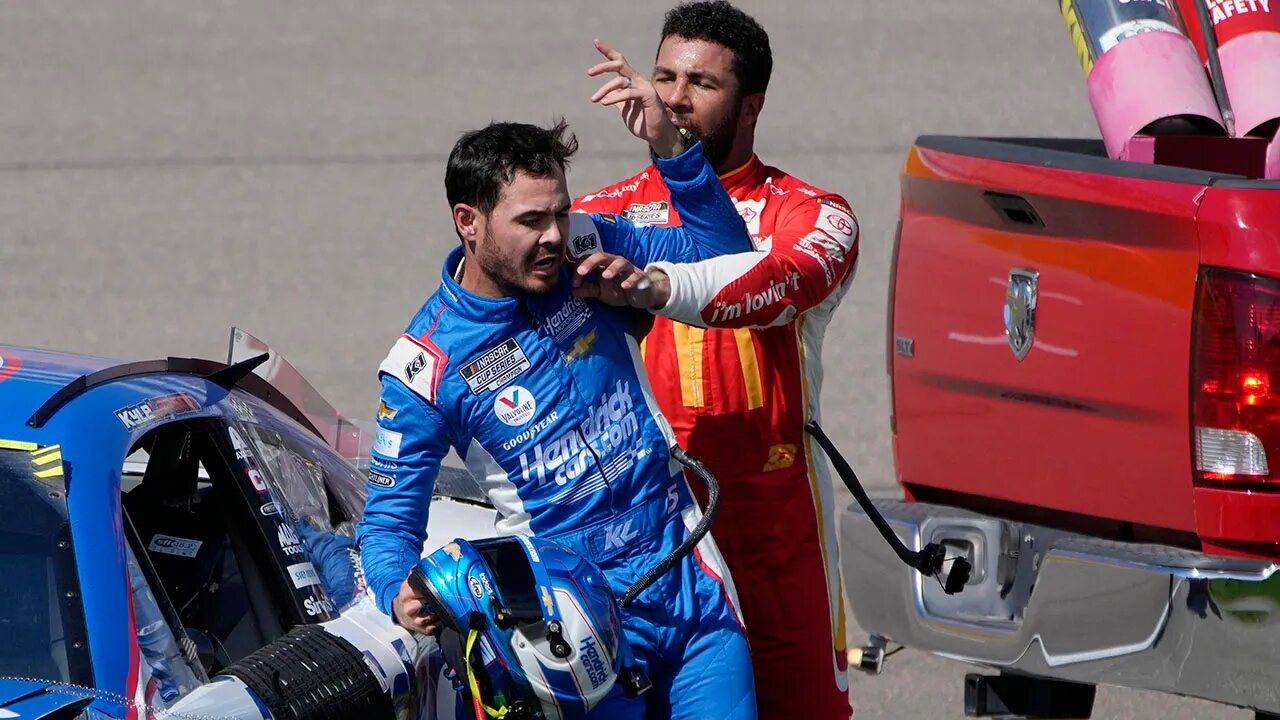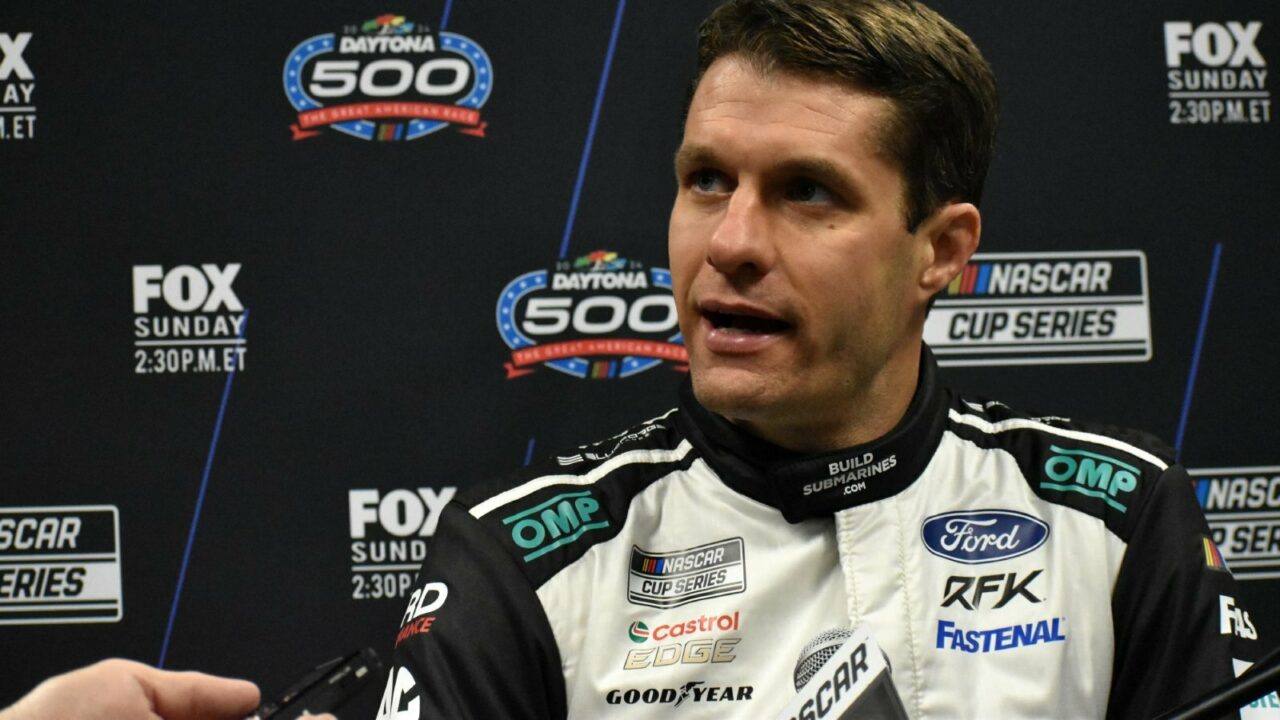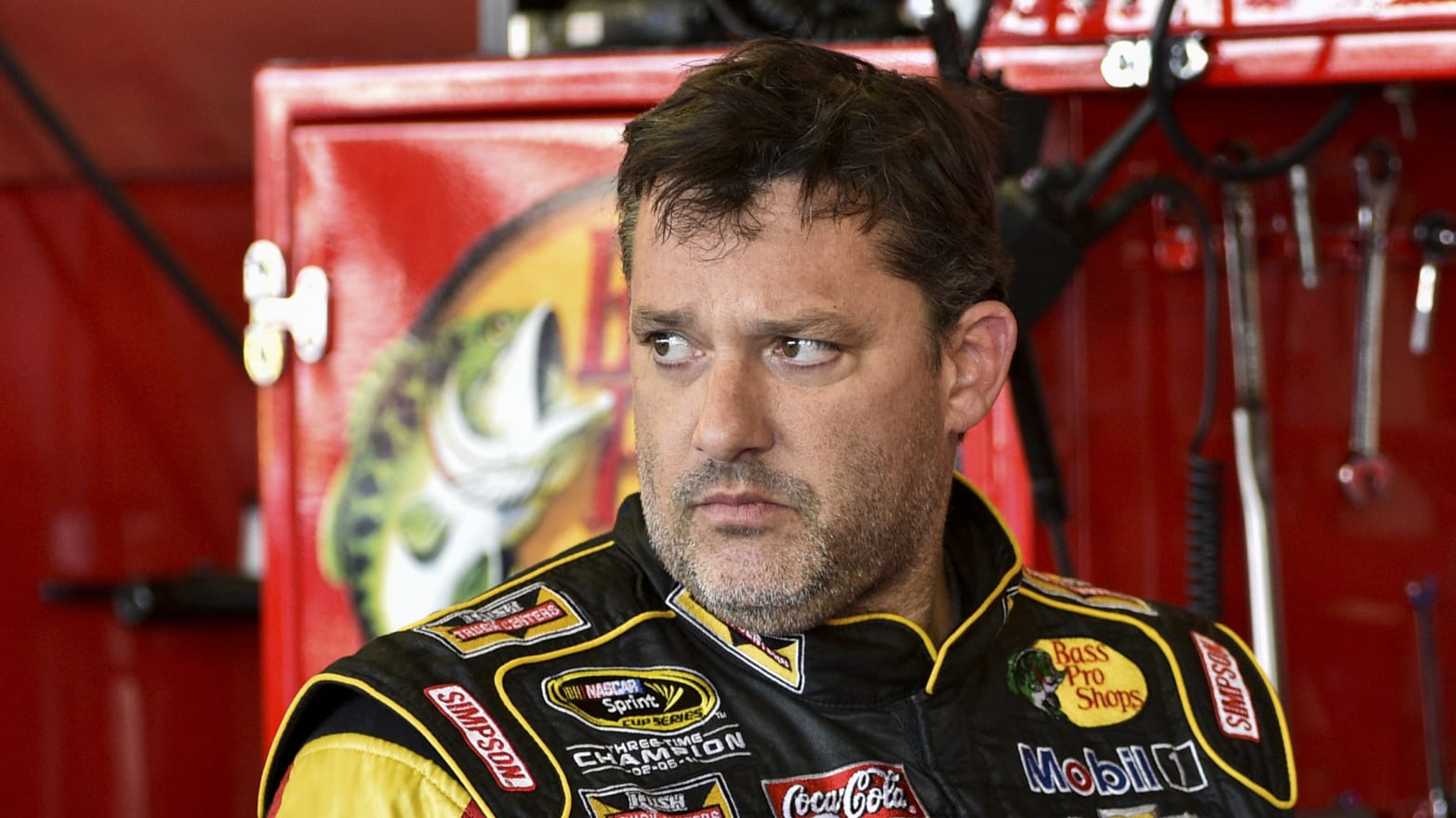Bubba Wallace, the NASCAR driver known for his outspoken nature and commitment to social justice, has recently stirred the pot by discussing his penchant for on-track altercations. In a candid interview, he revealed the motivations behind his willingness to engage in physical confrontations with other drivers, which he described as “useless and foolish acts.”
Wallace’s history with confrontations began to gain attention during the 2021 season, when he found himself involved in several heated exchanges on the track. His willingness to stand up for himself, even in a sport often characterized by its code of conduct, has sparked debates about the culture of NASCAR and the expectations placed on its drivers. In his latest remarks, Wallace expressed that his actions stem from a deep-seated frustration with how he feels he and others have been treated within the sport.
“I enjoy fighting because it’s a way to express my anger and frustration in a place where I often feel disrespected,” Wallace said. “Racing is incredibly intense, and sometimes it feels like my voice gets drowned out. When someone pushes me, I push back. It’s not the best way to handle things, but it’s instinctual.”
His comments highlight a broader issue within NASCAR, where tensions can run high, and rivalries often escalate. Wallace’s confrontations may seem like unnecessary drama to some, but for him, they represent a way to reclaim agency in a competitive environment where he sometimes feels marginalized. His status as one of the few Black drivers in the sport adds layers to his experience, as he navigates both competitive and social dynamics that can be challenging.
While many fans may view these fights as distractions or controversies, Wallace argues that they serve as a release valve for the pressures he faces. “I know it’s not the ideal way to handle conflict, but when you’re constantly fighting for respect, sometimes you just snap,” he explained. “I think a lot of fans can relate to feeling disrespected in their own lives.”
Critics of Wallace argue that his approach undermines the professionalism expected in NASCAR, suggesting that it detracts from the sport’s integrity. However, supporters contend that his willingness to confront other drivers reflects a necessary change in NASCAR’s culture—a push toward more open expression of emotions and less tolerance for disrespect.
In a sport where traditional values often reign supreme, Wallace’s perspective challenges both drivers and fans to reconsider how conflict is managed on and off the track. By shedding light on his motivations, he invites a deeper discussion about respect, representation, and the complexities of competition in NASCAR. As he continues to navigate the fine line between rivalry and respect, Wallace’s journey serves as a reminder that sometimes, the fight is not just about winning races, but also about claiming one’s space in a challenging environment.



